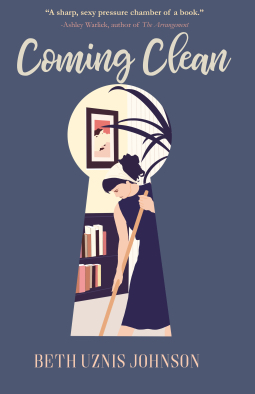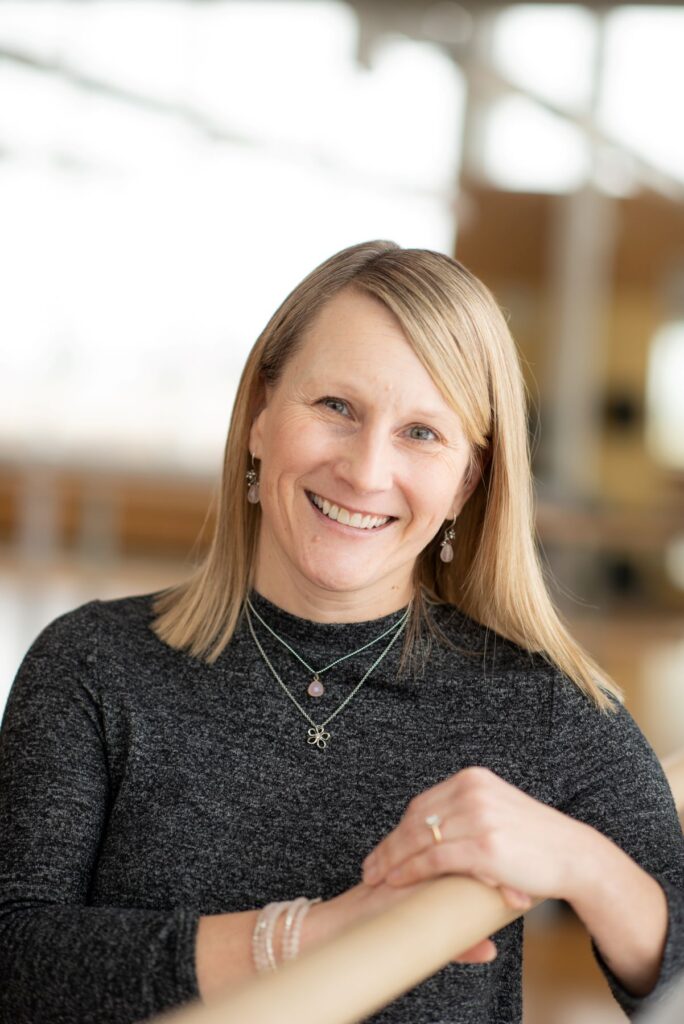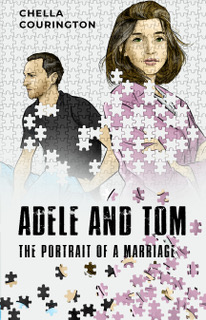Editor’s Note: This exchange is part of a series of brief interviews with emerging writers of recent or forthcoming books. If you enjoyed it, please visit other interviews in the I’ve Got Questions feature.
- What’s the title of your book? Fiction? Nonfiction? Poetry? Who is the publisher and what’s the publication date?
Coming Clean; Fiction; Regal House Publishing; January 9, 2024
- In a couple of sentences, what’s the book about?
Coming Clean is about a week in time when a self-employed cleaning lady named Dawn agrees to pose for her friend Matthew’s provocative photography project in the houses she cleans. The week is also significant because Dawn is struggling to decide whether to move to Key West to work in her father’s bar. It’s a chance for a fresh start after the death of her fiancé, Terry, in a motorcycle crash (that Dawn barely survived). Over the course of the week, Dawn and Matthew scour the contents of each house she cleans, giving the reader a snapshot of the people who live there. Dawn can’t help but compare herself to her customers and wonder what her life with Terry might have been like. It was really fun to invent these 5 unique households for Dawn and Matthew to explore. There is lots of sneaking around trying not to get caught for the sake of Matthew’s art.
- What’s the book’s genre (for fiction and nonfiction) or primary style (for poetry)?
Literary fiction. Though people seem to think a cleaning lady book would be a plot-driven beach read, Dawn is in a dark place in her life. She spends a lot of time thinking about her customers’ homes and what their belongings say about them. She can’t help but compare them to what her life might have been if her fiancé Terry hadn’t died in the motorcycle crash.
- What’s the nicest thing anyone has said about the book so far?
One of my creative writing professors noticed how the gaze of the novel seems to shift as we move through the week. So, at first, it seems we’re spying on Dawn’s customers along with her—that she is our window into those complicated lives—but gradually our gaze shifts to Dawn herself, and the houses she cleans become our windows into her.
I was so happy that my teacher saw what I was trying to do. (The professor is Susan Perabo and her most recent novel is The Fall of Lisa Bellow)
- What book or books is yours comparable to or a cross between? [Is your book like Moby Dick or maybe it’s more like Frankenstein meets Peter Pan?]
One of the cleaning lady novels I connected with is Pretend I’m Dead by Jen Beagin because it’s also dark, literary, and complicated. In that story, cleaning lady Mona has a relationship with an older man she calls Mr. Disgusting, who is a drug addict. I love stories about working-class lives and Mona is struggling to survive. In Coming Clean, Dawn barely survived the accident that killed her fiancé and she’s trying to pick up the pieces of her life. She lives in a trailer she bought with the insurance money from the accident. I wanted to also zoom in on the houses Dawn cleans. I’ve always been fascinated by other people’s stuff and what it says about them. Plus, Dawn takes great pride in doing a stellar job, even if she’s snooping a bit. I wanted my cleaning lady to care deeply about a job well done.
This is a long way of saying Coming Clean is like Pretend I’m Dead meets Cash and Cari, the TV show about estate sales and finding treasures.
- Why this book? Why now?
We need more books about working-class lives and the gritty day-to-day struggle most of us go through to make ends meet. Matthew’s photography project gives him and Dawn permission to explore each of her customer’s homes. The truth is, most of us could never afford to fully stock our basement fridges with fancy sodas, seltzers, and flavored waters like the McIntyres do. Dawn recognizes that the clothes in Hilary McIntyre’s cedar walk-in closet are probably worth more than everything she owns, including her car and trailer.
Fiction can take you anywhere and, though I can appreciate a great escape novel that takes me on a fabulous trip or adventure to another time, my interest is in everyday people and what motivates them to keep moving forward. There is plenty of drama and longing in having to go home to your trailer at night and only having one can of soup waiting in your cupboard. There’s tension in knowing that stealing one piece of jewelry some rich lady never wears could change your whole life.
It’s not easy to survive in 2024 America. Our society is incredibly unbalanced. I like books about that.
- Other than writing this book, what’s the best job you’ve ever had?
The most meaningful job I’ve had was as the editor and lead writer for Thrive magazine at the Rogel Cancer Center. So many patients shared their personal health stories with me as a way to inspire and help others going through treatment. They changed the way I think about “problems” and why living in the here and now matters.
The best job I’ve ever had was as a teenager, at a restaurant in Greenfield Village in Dearborn, MI, where we’d hide in the walk-in fridge and eat the giant buckets of chocolate chip cookie dough. It was a dream come true.
- What do you want readers to take away from the book?
Coming Clean is a story of starting over and coming to terms with grief after Dawn’s fiancé’s death in a motorcycle crash. I hope readers will see that she learns and grows over the course of the week, and realizes it’s possible to begin again, even though it’s not the future she planned. Also, at the core of the story, Coming Clean is about art. Dawn becomes Matthew’s muse and the inspiration for his photography project. She becomes very aware of how he finds art and beauty in its most raw and emotional forms. Art can help us heal.
- What food and/or music do you associate with the book?
Coming Clean isn’t a culinary-inspired story, but food and drink represent survival. Dawn is broke and in her early twenties, so she eats what’s cheap: chicken and stars soup warmed up in the microwave after work, pizza for lunch that Matthew stops and picks up, a coffee drink that serves as a meal replacement. She also drinks a lot of whiskey, usually Evan Williams (the cheap stuff), but the more refined Makers Mark when Matthew springs for it. She notices a lot of the gourmet brands of food and drinks in her customers’ homes. On Wednesday at the Rileys’ townhouse, she shoves a piece of fancy bread in her mouth, along with a spoonful of expensive fruit preserves. It was a real treat and helped her hangover.
- What book(s) are you reading currently?
I just began reading Yellowface by R. F. Kuang. The first chapter was excellent. I do love a first-person narrator who’s not afraid to admit she’s jealous of her friend’s wild success. She’s so sure her friend is disingenuous and putting on a show trying to be a nice person. Insecure characters can be very funny. I can’t wait to read Chapter 2.
Learn more about Beth on her website.
Follow her on Facebook, Twitter, and Instagram.
Buy the book from the publisher (Regal House Publishing), Volumes BookCafe, or Bookshop.org.



